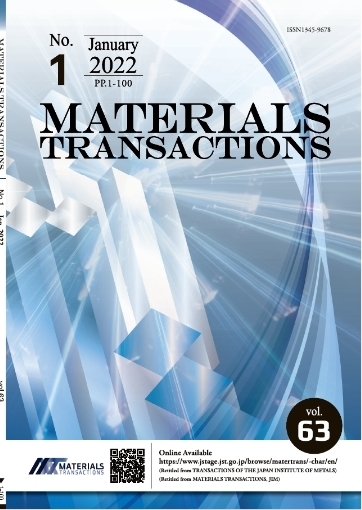An Orbital-dependent Correlation Energy Functional in Density-functional Theory for the Study of Strongly-correlated Electronic Systems
Hiroshi Yasuhara, Masahiko Higuchi, Soh Ishii, Kenta Hongo, Yoshiyuki Kawazoe
pp. 1402-1410
Abstract
An orbital-dependent correlation energy functional Ec to be accompanied by the exact exchange energy functional Ex is proposed for applications of density-functional theory (DFT). The present Ec comprises spin-antiparallel and spin-parallel contributions, Ecσ−σ and Ecσσ. Ecσ−σ is a modification of the spin-antiparallel component of the Hartree energy functional with a factor of gσ−σ (r, r′)−1 and Ecσσ a modification of the spin-parallel component of the same energy functional with gcσσ(r, r′) where gσ−σ(r, r′) (or gcσσ(r, r′)) is the spin-antiparallel (or the correlational part of the spin-parallel) coupling-constant-averaged pair correlation function. The present orbital-dependent gσ−σ(r, r′) and gcσσ(r, r′) fulfill the symmetric property, the Pauli principle and the sum rules. In the limit of uniform density the two correlation functions are reduced to the very accurate analogues of the electron liquid that involve long-, intermediate-, and short-range correlations as well as their exchange counterparts. It is stressed that the correlation energy functional Ec in DFT should by its very nature be defined as a functional only of occupied Kohn-Sham orbitals and occupied Kohn-Sham energies for the purpose of employing the optimized potential method (OPM) to evaluate the correlation potential υc(r). The present scheme for Ec, if applied to finite systems after making a suitable change in the treatment of long-range correlation, can give the correct asymptotic form of υc(r) of order r−4 for large r as well as the van der Waals potential.










